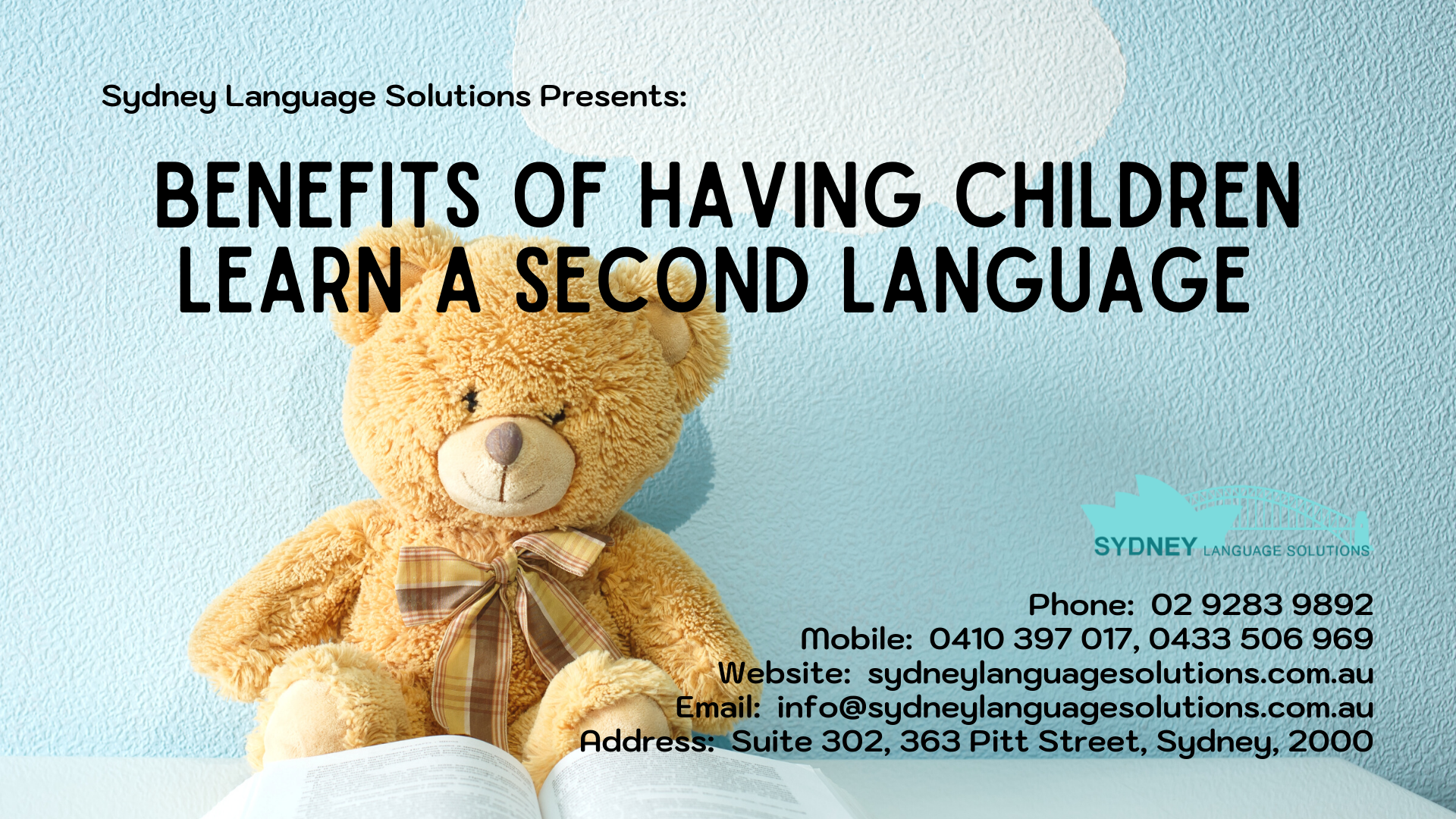Ways on How You Can Help Your Children Learn New Languages Faster
How you can help your child learn new languages faster:
- Make language learning a daily habit. Research shows that your child only needs 15 minutes a day to make progress while learning a new language. Some ways in which you can instill this habit in them is by making them listen to podcasts or watch a movie in a foreign language.
- Learn cognates. Languages like Spanish have a lot of words that we commonly use while speaking English. Learning these words will help your child transition better into the new language.
- Use flashcards and spaced repetition. Flashcards are proven to be the most effective way to memorize new languages. Flashcards use a concept called spaced repetition that basically prioritizes things your child does not know and helps them prioritize and work on their weak areas.
- Use a notebook and take it everywhere. Ask your kids to write down all the relevant vocabulary that you come across whenever your child is exposed to a new language.
- Speak the language from day one. There are 3 ways to achieve this. You can enrol your child in group learning in a good language school. This is great from a social perspective as your child will be studying with kids their own age and they can collaborate and work together on their skills.
This is where we can help you!
At Sydney Language Solutions we offer the best prices and deals for an atmosphere of fun and engagement in which your children can develop their language skills and aim towards a brighter future.
Advantages of Bilingual and Multilingual Children
INTERESTING FACTS ABOUT BILINGUAL/MULTILINGUAL CHILDREN:
– Better academic results: research has shown that bilingual/multilingual children can often concentrate better, have better problem-solving skills, understand language structure better and are better at multitasking.
– More diverse and interesting career opportunities later in life: employees speaking two or more languages can form better connections/relations with clients and other business partners. Therefore, multilingual candidates are preferred by employers.
– Children who speak more than one language have a better sense of self-worth, identity and belonging.
– Bilingual/multilingual children are said to be more educated since they can indulge in reading books written in various languages, enjoy movies and music in different languages.
– Children who learn foreign languages appreciate other cultures more and feel a sense of affinity while communicating with people from other countries.
BENEFITS OF LEARNING A FOREIGN LANGUAGE FOR CAREER GROWTH:
Learning starts at a very young age and learning new languages as a kid not only has a positive impact on your child’s personal growth, but it also gives them an edge in the professional world when they grow up.
Here are some advantages of learning foreign languages as a kid:
- Your kid will automatically become more attractive than other candidates when it comes to Global companies. In this dynamic world of globalization, employers are seeking candidates that are multilingual. International companies are trying t0 widen their reach across the globe and hire employees that can blend in with other cultures and fill in the communication gaps between the company and its clients.
- Career growth opportunities: being fluent in foreign languages doesn’t always mean your kid will have to go abroad. Many small local businesses prefer multilingual candidates who can help them explore new business opportunities and bring in more clients from other countries.
- Higher salaries: research shows that multilingual employees earn at least 10%-15% more than monolingual employees.
- Relationship building: having the ability to speak and understand different languages will allow your child to relate to various cultural groups at a personal level. Having a good relationship with colleagues is essential in a professional environment.
- Increased job opportunities: being fluent in foreign languages can be extremely beneficial for an individual’s professional growth. Many companies now require only employees who are bilingual or multilingual.
Benefits of Having Children Learn a Second Language
Why must children learn a new language from a young age?
- Experts say that children have more time and ability to pick up a new language faster than adults and develop a native-like pronunciation.
- Learning a new language also boosts a child’s creativity, problem-solving, critical thinking, and listening skills.
- In the long run, a second language will also be advantageous for them in the workplace where being multilingual gives one a competitive edge over others.
What makes our program different from other community language schools?
At some community language schools, the programs are designed to be beneficial if only both parents speak that particular native language at home for the children to have a chance to hear and practice the language. While this is advantageous for some children, others with only one parent who speaks language cannot have the chance to hear from their parents’ interaction. In fact, there are numerous households in Sydney with only one bilingual parent. In such circumstances, going to a language class with a structured program will help the students.
At Sydney Language Solutions, we offer language courses for children from all backgrounds, regardless of the number of parents who speak that language at home. These courses are also tailored for children whose parents are second-generation language speakers in Australia, or those parents who do not have enough background knowledge in speaking, reading, and writing their language to teach their children at home.
Learning Arabic
Arabic is spoken by over 300 million people throughout Asian and North Africa. It is also the official language of Islam, and so it is estimated to be used by one billion Muslims across the world.
As a native English speaker, one of the main hurdles I see is the way that the text is written from right to left and that the grammar is very different to English. There are also many sounds that I am not familiar with as they don’t exist in English, but someone who knows a language like Hebrew would have an easier transition. The best part of learning a new language though is having a go at these sounds and the realisation that you can make noises you didn’t know you could by moving your tongue around.
Arabic has 28 consonantal phonemes and the nouns are either masculine or feminine. When referring to a male, a masculine noun is used, and vice versa for a female. The feminine noun is usually formed by adding a special character – the ta marbuta – to the end of the masculine noun.
One Arabic word may have a number of plurals and adjectives come after the noun, so a “white house” in English becomes a “house white” in Arabic.
The most basic of sentence is called a nominal sentence, for example, in English it would be “the house is white”; but in Arabic there is no word for the “is” in this sentence.
Having a go at Arabic, even if it is just a simple greeting, will be appreciated by many people if you plan to travel to Asia or Africa, or even if you are just passing through your local community or a mosque.
Give the following a go:
Phrase: As salaamu alaikum – Syllable breakdown:as-sa-laa-mu a-lai-kum
Meaning: May peace be with you and a very common greeting.
Phrase: Wa alaikumu èl salaamu – Syllable breakdown: wa-a-lai-ku-mus-sa-laam
Meaning: And may peace be with you. It is the response to the above phrase.
By Vicki






Latest Comments